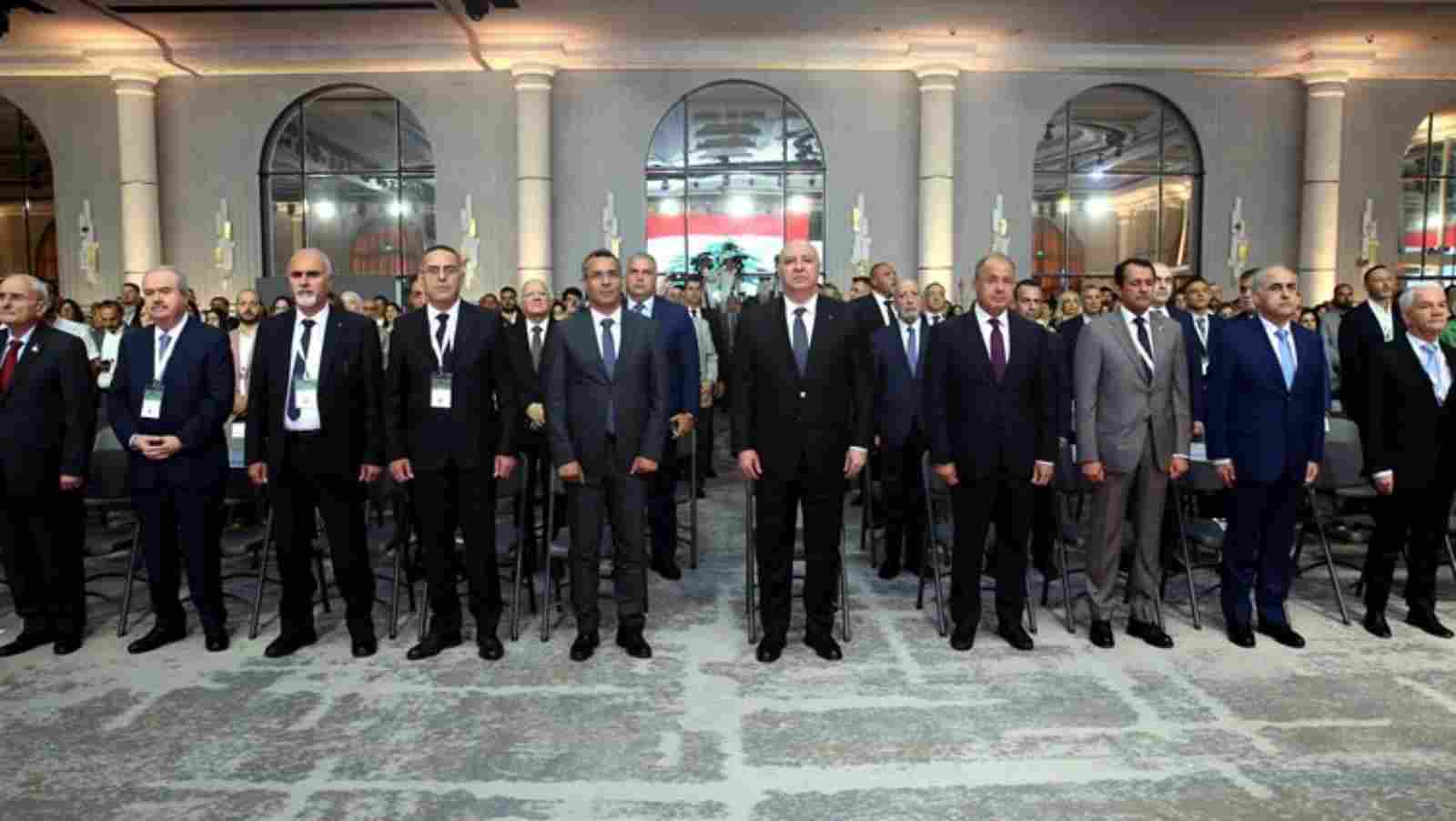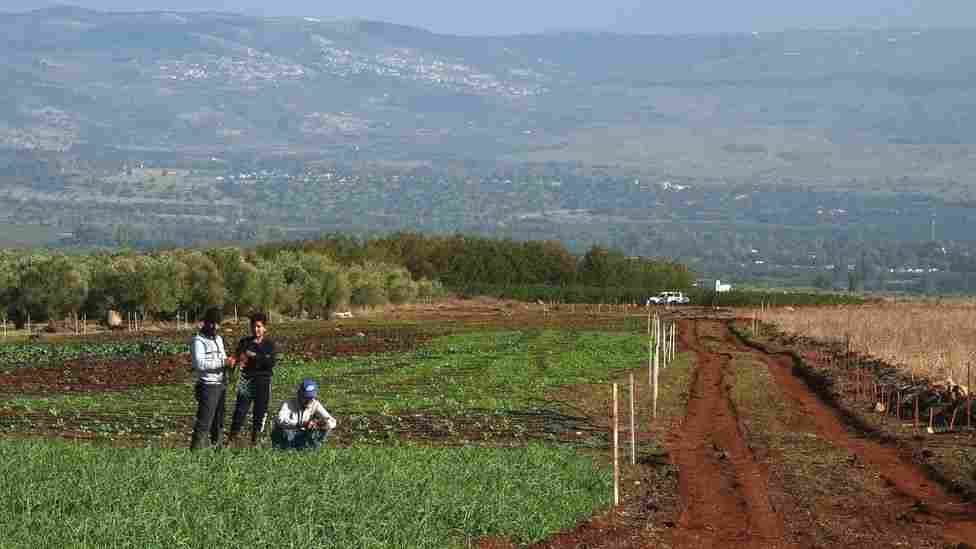
BEIRUT (Enmaeya News) — September 22, 2025
Traditional agricultural extension services have long struggled with limited human resources, with some countries having just one extension agent for every 1,000 to 2,000 farmers. This shortage often leaves smallholder farmers without timely advice, hindering productivity and growth.
Generative artificial intelligence is emerging as a potential solution. AI-powered tools can deliver personalized, timely, and cost-effective agricultural guidance. For example, Digital Green’s AI chatbot has reached more than 460,000 farmers across five countries, providing support in multiple languages. Similarly, iSDA’s Virtual Agronomist serves over 350,000 plots across seven African countries via WhatsApp, improving yields and profits.
These AI systems tackle barriers such as low digital literacy and language differences by offering voice-based interfaces in local languages. They also cut costs, reducing service delivery from around $5 per farmer per year to less than $1, allowing broader deployment.
Still, AI adoption in agriculture carries risks. Models can occasionally provide incorrect recommendations—so-called “hallucinations”—which can be harmful for crops. Many initiatives now use a “human-in-the-loop” approach, where extension agents or agronomists review AI advice before it reaches farmers.
Lebanon faces similar challenges, with high farmer-to-extension-agent ratios and limited access to modern advisory services. The American University of Beirut’s “AI in Food Security” project is exploring AI applications to improve crop management and food security.
Meanwhile, the Lebanese Ministry of Agriculture is working with the Ministry of Information Technology and Artificial Intelligence to promote smart agriculture solutions aimed at boosting productivity and sustainability.
These initiatives underscore AI’s potential to transform agricultural extension in Lebanon, giving smallholder farmers the tools and knowledge needed to thrive in an evolving agricultural landscape.






